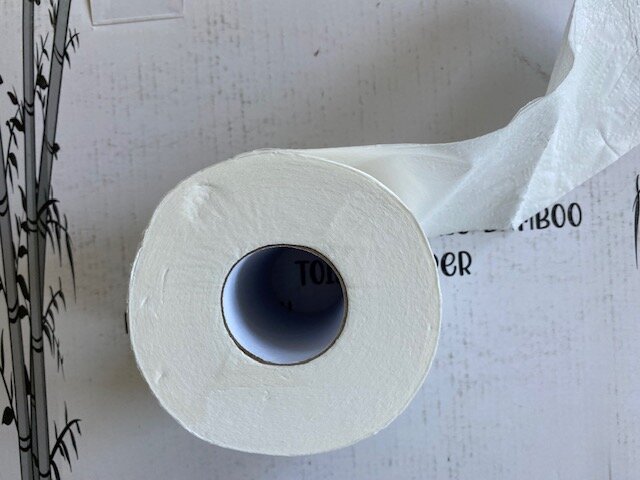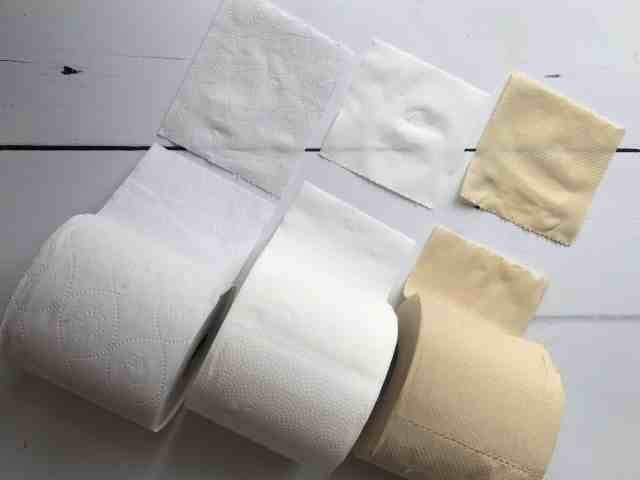Bamboo Toilet Paper vs. Traditional
In the ever-evolving landscape of sustainable living, even the smallest choices we make, such as the type of toilet paper we use, can have a significant impact on the environment. Bamboo toilet paper has emerged as a popular alternative to traditional options, promising both environmental benefits and comfort. In this article, we delve into the comparison between Bamboo Toilet Paper and Traditional counterparts, exploring various aspects that contribute to making an eco-friendly choice.
Understanding the Basics
Bamboo Toilet Paper
Bamboo toilet paper is crafted from bamboo fibers, a rapidly renewable resource that grows without the need for excessive water or pesticides. The production process typically involves less environmental impact compared to traditional toilet paper, which is often derived from virgin or recycled wood pulp.
Traditional Toilet Paper
Traditional toilet paper, on the other hand, is commonly produced from wood pulp obtained from trees. While some traditional options use recycled paper, many still rely on virgin pulp, contributing to deforestation and environmental degradation.
Environmental Impact
Bamboo Toilet Paper
Bamboo, being a fast-growing plant, is considered a more sustainable source for toilet paper production. It requires less land, water, and chemicals, making it a greener option. Additionally, bamboo forests contribute to carbon sequestration, aiding in the fight against climate change.
Traditional Toilet Paper
The production of traditional toilet paper often involves logging, leading to deforestation and habitat destruction. Despite efforts to use recycled materials, the overall environmental impact remains higher compared to bamboo alternatives.
Softness and Strength
Bamboo Toilet Paper
One common misconception about eco-friendly options is that they compromise on comfort. Bamboo toilet paper, however, is known for its softness and strength. The fibers are naturally long, creating a luxurious feel without sacrificing durability.
Traditional Toilet Paper
Traditional toilet paper can vary widely in terms of softness and strength. While some premium brands offer a plush texture, others may feel rough and thin. The quality often depends on the materials used and the manufacturing process.
Biodegradability
Bamboo Toilet Paper
Bamboo toilet paper is biodegradable and breaks down more quickly than traditional options. This means less strain on sewage systems and a reduced environmental impact, especially in regions with limited waste management infrastructure.
Traditional Toilet Paper
Although many traditional toilet papers are labeled as biodegradable, the rate at which they decompose can be slower than the best bamboo toilet paper alternatives. This can contribute to waste buildup and environmental concerns.

Cost Considerations
Bamboo Toilet Paper
While bamboo toilet paper is often considered a premium product, the growing demand is gradually reducing prices. Initial costs may be higher, but the long-term benefits to the environment may outweigh the expense.
Traditional Toilet Paper
Traditional toilet paper generally has a lower upfront cost, but the hidden environmental costs may have long-term consequences. It’s essential to weigh the economic factor against the environmental impact.
The Verdict
In the Bamboo Toilet Paper vs. Traditional debate, the eco-conscious consumer has a clear winner. Bamboo toilet paper stands out as a sustainable, soft, and strong alternative with a lower environmental footprint. While traditional options may be more budget-friendly, the long-term benefits of choosing bamboo make it a compelling choice for those committed to a greener lifestyle.

